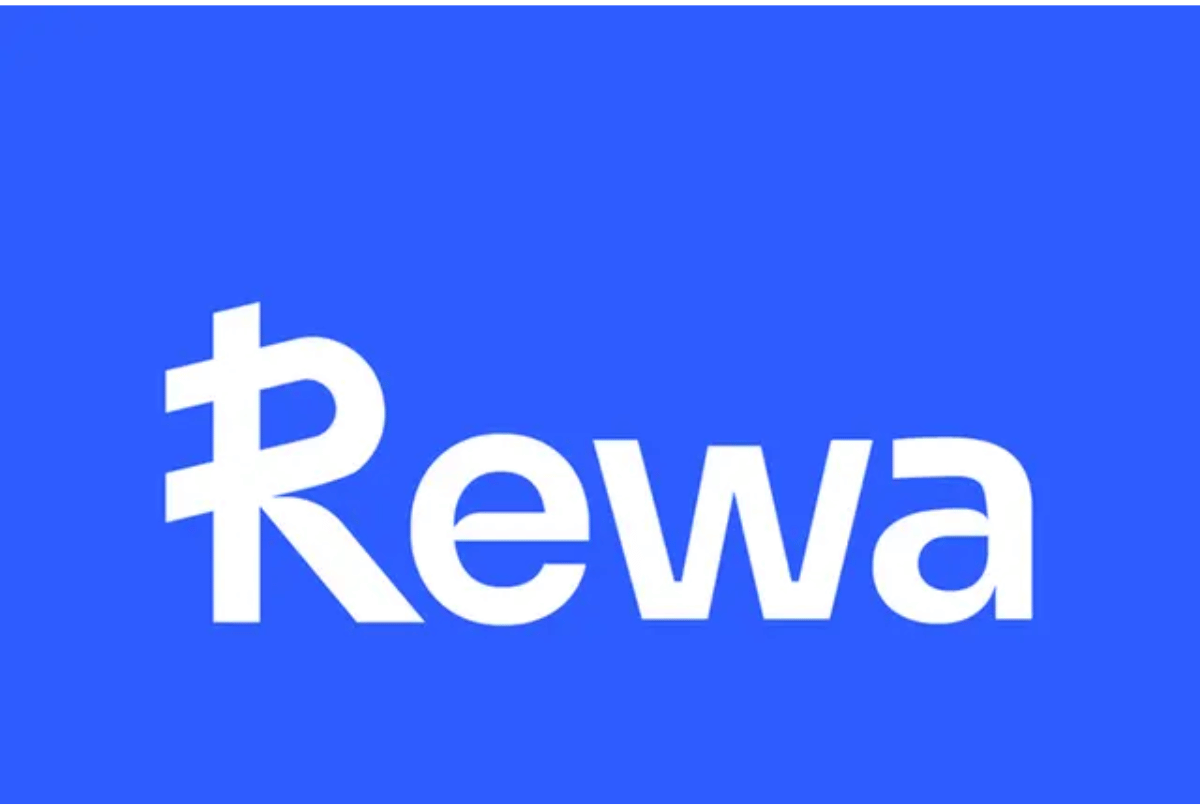
Global Fintech Trends – 2nd July, 2024
CBN governor warns of Fintech Risk to Financial Stability in West Africa
The Central Bank of Nigeria (CBN) governor, Yemi Cardoso, has raised the alarm over that the increasing transaction volumes of Non-Bank Financial Institutions (NBFIs) and Other Financial Institutions (OFIs) which he said pose major financial system stability risk.
Cardoso, who was represented by Abayomi Arogundade, the Acting Director of the Other Financial Institutions Department at the CBN, gave the warning at the 10th Meeting of the College of Supervisors for Non-Bank Financial Institutions (CSNBFI) in Abuja on Monday.
“We must continue to push forward the agenda of strengthening the anti-money laundering practices; deepening supervisory capacity on cybersecurity and fintech regulation; and the implementation of risk-based supervisory approach,” Cardoso warned the gathering of West African central bankers.
Read more here: https://thenationonlineng.net/cbn-governor-warns-of-fintech-risk-to-financial-stability-in-west-africa/
South Sudan Finance Ministry suspends payments amid budget crisis
The Ministry of Finance and Planning in South Sudan has taken the unprecedented step of suspending payments to government spending agencies as the fiscal year 2023/2024 came to a close on Sunday.
With no new budget tabled in parliament, civil servants have gone unpaid for months, exacerbating the economic crisis.
The country faces severe inflation, aggravated by the weakening of the national currency against the US dollar. The crisis was further compounded when a major oil pipeline, responsible for transporting 60 percent of crude oil to Port Sudan, suffered a breakdown in February 2024. Families are now struggling to afford necessities due to the sharp increase in prices.
Malual Tap Dieu, the First Undersecretary for Finance, announced the suspension of payments following the Public Financial Management and Accountability Act (PFMAA-2011) of the Republic of South Sudan.
Read more here: https://www.radiotamazuj.org/en/news/article/south-sudan-finance-ministry-suspends-payments-amid-budget-crisis
KCB Bank partners with dLocal for faster remittances in Kenya
dLocal, the cross-border payment platform specializing in high-growth markets, has partnered with the KCB Group, the commercial banking services handled by the Central Bank of Kenya. The approval comes almost exactly one year after the country approved dLocal local entity for its first payment services license.
dLocal group said in a release that the expansion of its remittance offering into the Kenyan market highlights the untapped potential of the country’s status as a hub for FinTech growth.
The KCB’s approval of dLocal’s submission for a money remittances flow allows the free flow of money wire transfers through Kenya’s official banking system. The opportunity to work directly with the Kenyan Commercial Bank eliminates third-party involvement, making transactions cheaper, faster, and more reliable for dLocal clients.
Read more here: https://ibsintelligence.com/ibsi-news/kcb-bank-partners-with-dlocal-for-faster-remittances-in-kenya/
Shifting Tides: Nigerian Banks Embrace Local Card Schemes Amidst Changing Consumer Behav
In recent years, Nigeria’s banking landscape has witnessed a significant transformation. Banks are increasingly adopting local card schemes like Verve, moving away from international giants such as Visa and Mastercard. This shift is driven by evolving consumer behavior and macroeconomic factors.
Before the COVID-19 pandemic, Nigerian fintech companies discovered a simple yet effective customer acquisition strategy: offering foreign debit cards. These cards, often provided at little to no cost, enabled customers to withdraw money from ATMs and make purchases at various establishments. This approach boosted customer spending and increased transaction fees for fintechs.
However, the pandemic brought about changes that altered this dynamic. Restrictions on in-person shopping, cash shortages at ATMs, and a cash crunch in 2023 reduced reliance on card payments. Consequently, bank transfers gained popularity, prompting both fintech startups and traditional banks to reassess their card operations.
Read more here: https://www.techinafrica.com/shifting-tides-nigerian-banks-embrace-local-card-schemes-amidst-changing-consumer-behav/#google_vignette
Bridging Digital Wallets: The PayPal-M-PESA Connection in Kenya
In 2024, Kenyan users can seamlessly transfer funds between their PayPal and M-PESA accounts through the PayPal Mobile Money Service. This innovative financial bridge, facilitated by TransferTo in partnership with Safaricom and PayPal, has revolutionized digital transactions in Kenya.
To access this service, individuals need both a Kenyan PayPal account and an M-PESA account. The registration process involves linking these two accounts, creating a unified financial ecosystem for users. Once set up, moving money between platforms becomes a straightforward process.
When withdrawing funds from PayPal to M-PESA, users begin by selecting the ‘Withdraw’ option within the service interface. The system displays the user’s PayPal balance, which should be in US dollars. If necessary, currency conversion can be performed on PayPal’s website before proceeding.
Read more here: https://www.techinafrica.com/bridging-digital-wallets-the-paypal-m-pesa-connection-in-kenya/
Kuwait’s central bank approves launch of new WAMD instant payments system
Banks and financial institutions across Kuwait are going live this week with WAMD, the country’s new instant payment system that enables account-to-account money transfers using just a phone number, after the Central Bank of Kuwait (CBK) approved its launch.
CBK approves launch of WAMD instant payment system
The system is facilitated by K-Net, which operates as a national payment gateway under the supervision of the CBK.
Writing on LinkedIn, Tariq Alusaimi, head of digital strategy and planning at the CBK, says the system is set to provide “added value and quality to the national payment infrastructure capabilities” while also serving as “a safe and advanced payment option that caters to the needs of different customer segments”.
Read more here: https://www.fintechfutures.com/2024/07/kuwaits-central-bank-approves-the-launch-of-new-wamd-instant-payments-system/
India To Create A Cross-Border Retail Payment Platform With 4 ASEAN Countries
Reserve Bank of India (RBI) on Monday announced that it has now joined Project Nexus with the four ASEAN countries to create a platform to facilitate instantaneous cross-border retail payments.
Nexus, conceptualised by the Innovation Hub of the Bank for International Settlements (BIS), aims to connect India’s UPI (Unified Payments Interface), with the fast payment systems of ASEAN members — Malaysia, Philippines, Singapore, and Thailand. These four countries and India would be the founding members and first-mover nations of this platform, the RBI said.
An agreement to this effect was signed by the BIS and the central banks of the founding countries i.e., Bank Negara Malaysia (BNM), Bank of Thailand (BOT), Bangko Sentral ng Pilipinas (BSP), Monetary Authority of Singapore (MAS), and Reserve Bank of India on June 30, 2024, in Basel, Switzerland, according to an RBI statement.
Read more here: https://www.ndtv.com/business-news/india-to-create-a-cross-border-retail-payment-platform-with-4-asean-countries-6011895
Governments prepare digital currencies in Qatar
If digital currencies are an inevitability, it may be a wise move for central banks to set up their own. Qatar Central Bank is piloting an official digital currency. But what exactly are the potential benefits and risks?
Cryptocurrencies are a form of digital currency that are at times seen as the outlaws in the world of finance: Unregulated vehicles for speculation and the currency of choice for criminal gangs and terrorists.
Given this, what is the rationale for nearly every central bank in the world to set up their own digital currency, and for the International Monetary Fund (IMF) to publish guidance?
Read more here: https://www.zawya.com/en/world/middle-east/governments-prepare-digital-currencies-in-qatar-sdeea3x0



